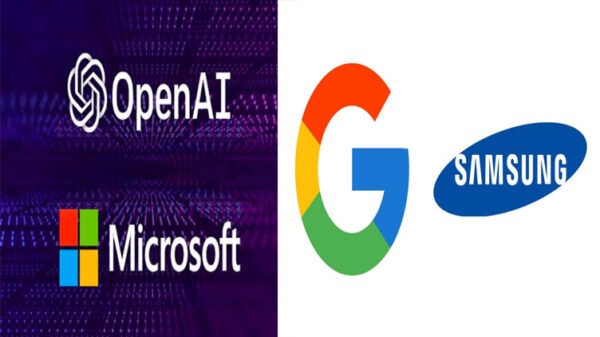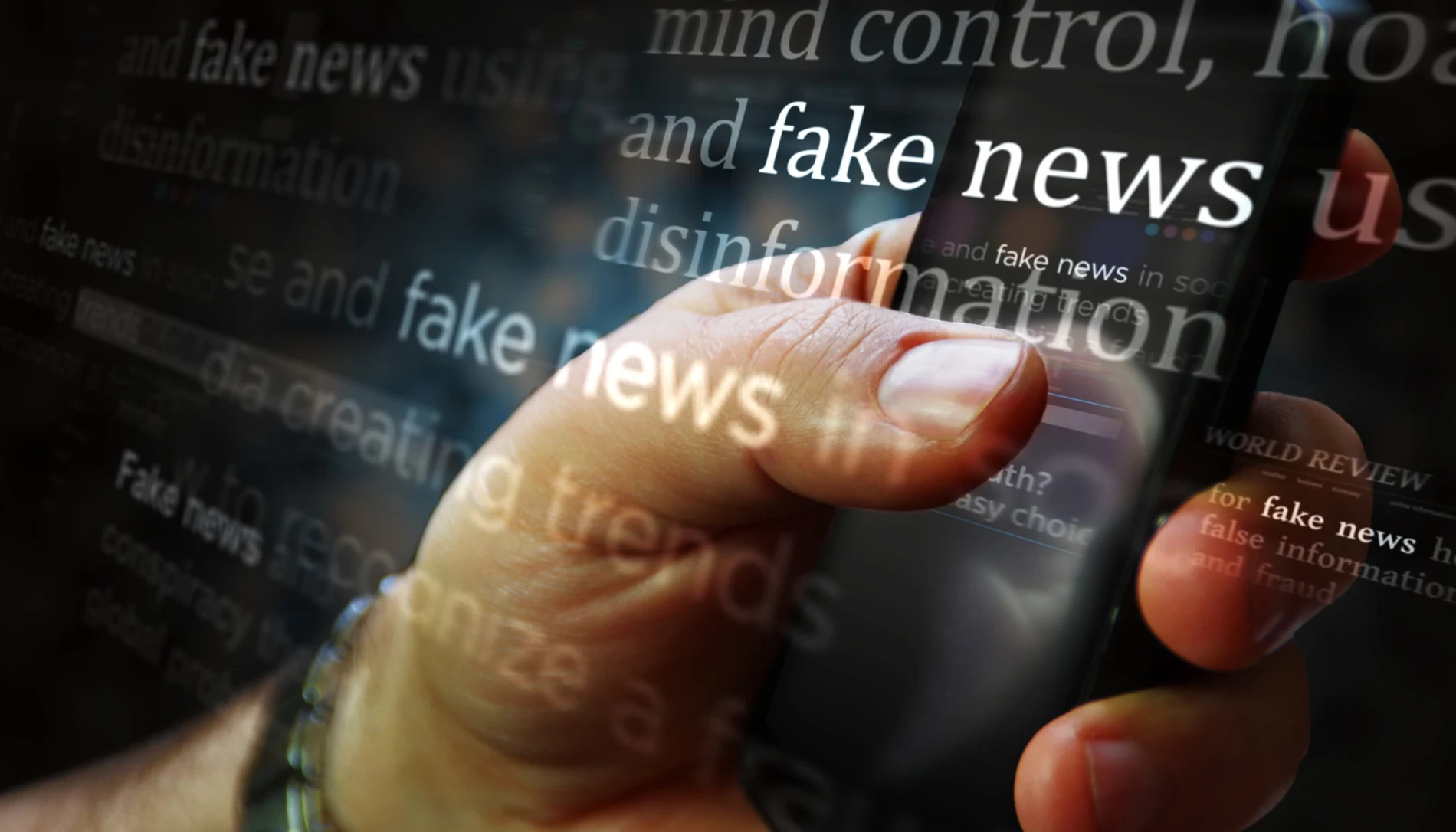Meta’s Layoffs and Concerns for 2024 Elections
The recent layoffs at Meta’s teams responsible for countering disinformation and coordinating troll campaigns on its platforms have raised concerns, especially with the upcoming pivotal 2024 elections in the United States and other countries. Several members of the team tasked with combating misinformation and disinformation in the 2022 US midterms were laid off, potentially impacting Meta’s efforts to safeguard the integrity of future elections.Meta’s Efforts to Counter Disinformation
Meta, the parent company of Facebook and Instagram, has invested significantly in technology and personnel to combat disinformation and coordinated networks of fake accounts. These teams work diligently to detect and remove misinformation from their platforms and have been seen as robust in the social media industry. Despite this, the recent layoffs raise concerns about potential gaps in Meta’s ability to tackle disinformation effectively.Disinformation and Its Distinct Phenomena
Disinformation, misinformation, and hate speech are distinct yet interrelated phenomena. Hate speech involves abusive or threatening language targeting specific groups based on their characteristics, such as race, religion, or ethnicity. Misinformation refers to the unintentional spread of inaccurate information, while disinformation is intentional and aims to deceive. Both have serious consequences, contributing to conflicts, undermining democracy, and threatening public health and climate action.The Threat Posed by Disinformation
Disinformation has far-reaching consequences and can incite violence, polarize communities, and erode trust in democratic institutions. During election periods, it becomes a particularly concerning issue as it can undermine the integrity of the democratic process and erode public confidence in electoral outcomes. With elections taking place in multiple countries, including the US, Taiwan, Ukraine, and India in 2024, the need to address disinformation becomes even more pressing.Coordinated Efforts and the Importance of Information Integrity
To combat disinformation effectively, cooperation among governments, tech companies, and researchers is essential. Creating a global Code of Conduct for information integrity on digital platforms could provide a gold standard for guiding action. This framework should emphasize respect for human rights, support for independent media, transparency, user empowerment, and strengthened research and data access. Governments, tech companies, and stakeholders should refrain from supporting or amplifying disinformation and hate speech. Additionally, digital platforms must ensure safety, privacy, and the consistent application of policies across countries and languages.Balancing AI and Human Expertise in Countering Disinformation
While artificial intelligence plays a crucial role in detecting disinformation, the process of unearthing sophisticated networks of disinformation still heavily relies on manual scrutiny from expert staff. Maintaining a dedicated team of professionals who specialize in disinformation research is crucial to effectively combating the challenge.Conclusion
The battle against disinformation is ongoing, and it requires collaborative efforts from tech companies, governments, researchers, and civil society organizations. As we move closer to the 2024 elections, the need for information integrity and safeguarding the digital space becomes paramount. Through robust strategies, the establishment of a Code of Conduct, and the dedication of human expertise alongside AI technologies, we can work towards a safer and more inclusive digital environment.







































